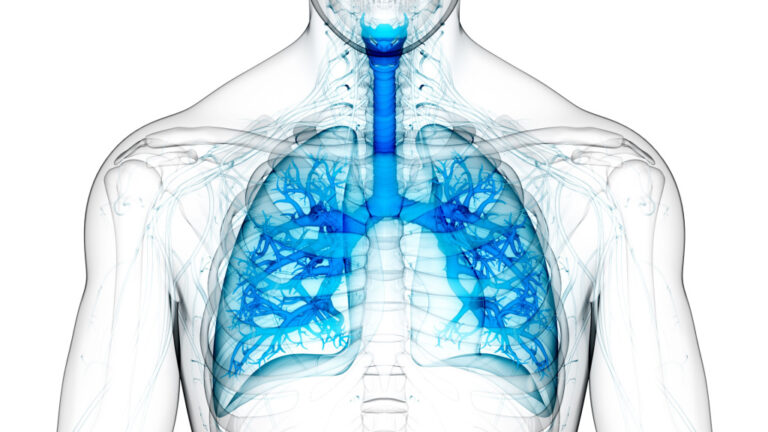VA Disability Benefits for Gastrointestinal Disorders

Gastrointestinal disorders, including irritable bowel syndrome (IBS) and gastroesophageal reflux disease (GERD), are common conditions that veterans may experience, often linked to the stresses of military service or exposure to challenging environments. Veterans with these disorders may qualify for VA disability benefits if they can show that their condition is connected to their service. In this guide, we’ll discuss common gastrointestinal disorders, how the VA evaluates these conditions, and what you need to know to strengthen your claim.
Understanding Gastrointestinal Disorders and VA Disability Benefits
Gastrointestinal (GI) disorders affect the digestive system and can include symptoms ranging from mild discomfort to severe pain and complications. Some of the most commonly recognized GI conditions among veterans are IBS and GERD, which often stem from stress, dietary changes, and environmental exposures during military service. GI conditions can significantly impact quality of life, limiting the ability to work, perform daily tasks, and participate in social activities.
The VA provides disability benefits for service-connected GI disorders, but proving a connection to military service and obtaining an accurate rating can be challenging.
Common Service-Connected Gastrointestinal Disorders
The two most commonly discussed GI disorders in VA disability claims are Irritable Bowel Syndrome (IBS) and Gastroesophageal Reflux Disease (GERD).
- Irritable Bowel Syndrome (IBS): IBS is a chronic condition affecting the large intestine, with symptoms like abdominal pain, bloating, gas, and alternating bouts of diarrhea and constipation. It is commonly associated with stress and anxiety, which are often prevalent in military life.
- Gastroesophageal Reflux Disease (GERD): GERD is a digestive disorder where stomach acid flows back into the esophagus, causing heartburn and other symptoms. GERD is linked to factors like diet, stress, and certain medications commonly used in military settings.
These conditions can overlap with other symptoms of mental health conditions such as PTSD and anxiety, which the VA often considers when determining service connection.
Proving Service Connection for GI Disorders
To receive disability benefits for GI disorders, veterans must demonstrate a service connection. Here’s how the VA evaluates these cases:
- Diagnosis: A current diagnosis of the GI disorder, such as IBS or GERD, is necessary. This diagnosis should come from a qualified medical professional and clearly outline the nature and extent of the condition.
- In-Service Occurrence: Veterans need to provide evidence that the GI disorder began or was aggravated during military service. This could include medical records, reports of related symptoms, or even personal statements describing stressors or environmental factors experienced during service.
- Nexus Letter: A nexus letter is an essential document that links the GI condition to service. This letter, usually written by a medical expert, explains how the veteran’s service may have caused or exacerbated the disorder. A strong nexus letter can significantly impact the success of a VA claim for GI conditions.
VA Disability Ratings for GI Disorders
Once the VA establishes a service connection, the next step is determining the disability rating, which affects the monthly benefit amount. Ratings for GI disorders depend on the severity and frequency of symptoms, including pain, discomfort, and functional limitations.
- IBS Ratings: The VA rates IBS under Diagnostic Code 7319. Ratings range from 0% to 30%, with 30% reserved for cases involving severe symptoms like constant abdominal distress and diarrhea or constipation.
- GERD Ratings: GERD is generally rated by analogy to a similar condition since it doesn’t have its own code. Most commonly, GERD is rated under hiatal hernia (Diagnostic Code 7346), with ratings ranging from 10% for mild symptoms to 60% for severe cases with significant impairment.
Tips for Filing a Successful Claim for GI Disorders
Filing a successful VA claim for IBS, GERD, or any GI disorder requires careful preparation. Here are some tips to enhance your claim:
- Gather Comprehensive Medical Evidence: Include records of your GI symptoms, treatments, medications, and any diagnostic tests performed by your healthcare providers.
- Document Symptoms: Keeping a detailed journal of your symptoms can help establish the severity and frequency of your condition, which may aid in receiving an accurate rating.
- Seek a Medical Nexus Statement: A medical nexus statement explaining the link between your service and GI disorder is vital. A well-drafted nexus letter, especially from a VA-knowledgeable physician, can make a significant difference.
Get Help with Your VA Claim for GI Disorders
Qualifying for VA disability benefits for gastrointestinal disorders such as IBS and GERD can be a complex process. However, with the right approach and sufficient evidence, you can secure the benefits you deserve. If you need assistance with your claim, contact VA Benefits Attorneys Powered by Tabak Law. Our experienced team can guide you through the VA claims process, help you gather evidence, and strengthen your case to get the benefits you’re entitled to.
Reach out today to take the first step towards the support and compensation you deserve.







